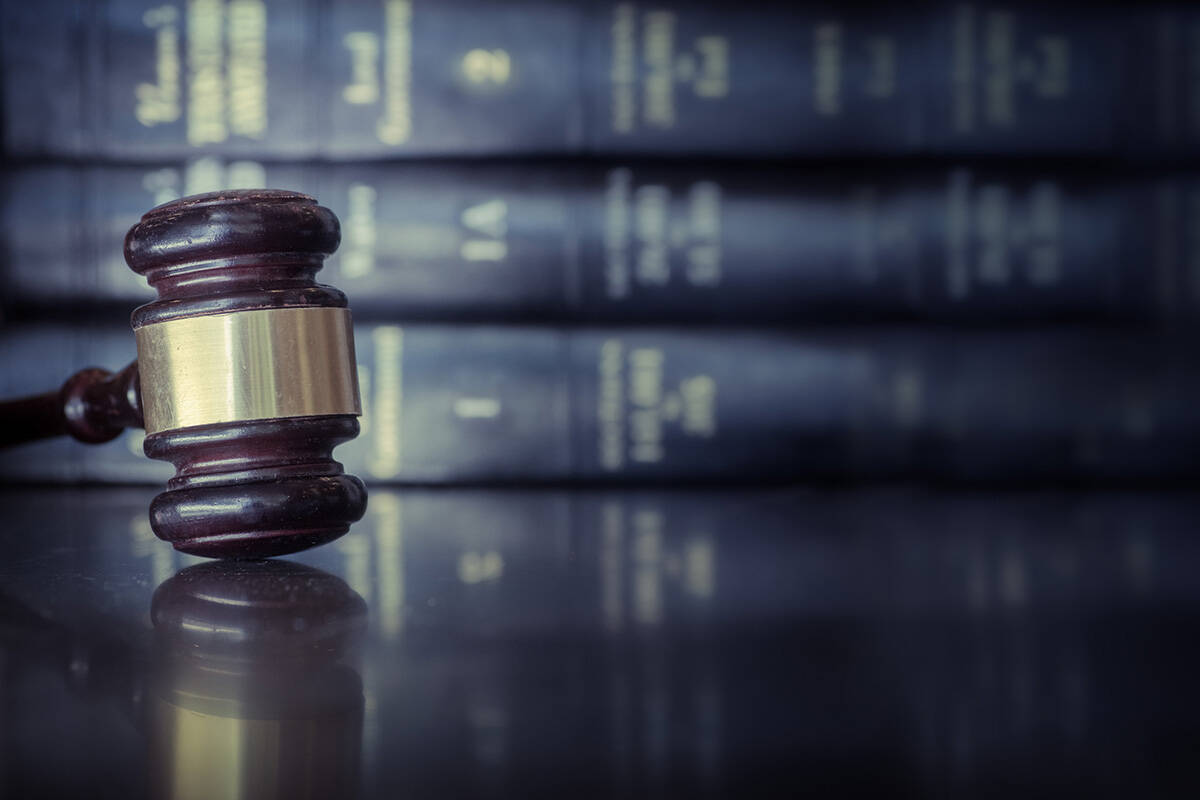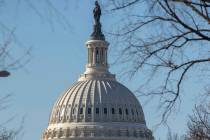EDITORIAL: Supreme Court to tackle a variety of subjects in latest term

As the first Monday of October nears, the U.S. Supreme Court prepares for another term. On the docket in coming months are cases touching on a variety of important subjects, including the First Amendment, the separation of powers, immigration, gun rights and the reach of the federal bureaucracy.
The justices have thus far agreed to hear 21 cases, the most prominent of which is Lopez Bright Enterprises v. Raimondo, which offers the court the opportunity to rein in the nation’s ubiquitous regulatory state. The case involves a rule that the National Marine Fisheries Service imposed on herring fisheries, but the issue touches on the broader question regarding the authority of federal agencies.
In 1984, the high court created the “Chevron doctrine,” which holds that the courts should generally defer to regulatory agency interpretations of “ambiguous” congressional statutes. This rule greatly empowered Washington bureaucrats to create and interpret law even if the statute upon which they acted didn’t clearly convey such authority. Critics argue that investing such dominion in unelected executive branch officials represents an unconstitutional transfer of power from the judiciary and legislative branches.
In the Lopez case, the justices have the chance to rule that statutory silence does not give federal agencies carte blanche, essentially overturning the Chevron principle. This would send the message that Congress must be more specific in its statutory language if it seeks to delegate significant authority to executive branch bureaucrats.
The justices will also hear a pair of free speech cases involving government officials who blocked critics from their social media profiles. At issue is whether the public officials were acting in their government capacity or as private citizens. In both cases, however, the officials “cloaked their social media profiles in the authority of public office,” the ACLU alleges.
In this age of ubiquitous electronic communication and devices, the high court will face a challenge drawing a line between the private and public actions of elected officials. But any such distinction must not make it easier for politicians and government actors to evade the First Amendment requirements that undergird our democratic republic.
The Supreme Court has recently faced a barrage of criticism from left-wing activists unhappy that the conservative majority has looked askance at progressive efforts to expand government beyond its constitutional boundaries. Efforts to undermine the court’s credibility are partisan and without merit.
The current court has, by and large, been a bulwark against those who would erode protections guaranteed by the Bill of Rights. Liberty will be best served if that trend continues when the justices convene next week for their new term.























